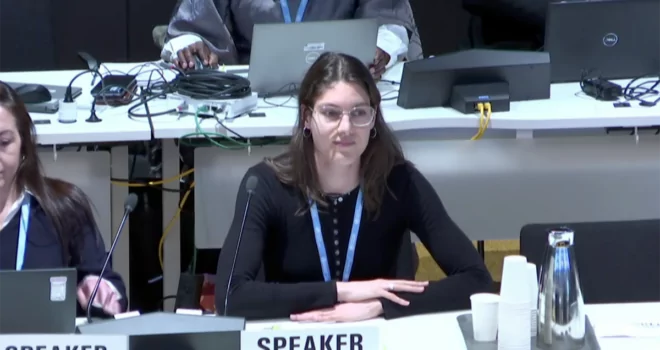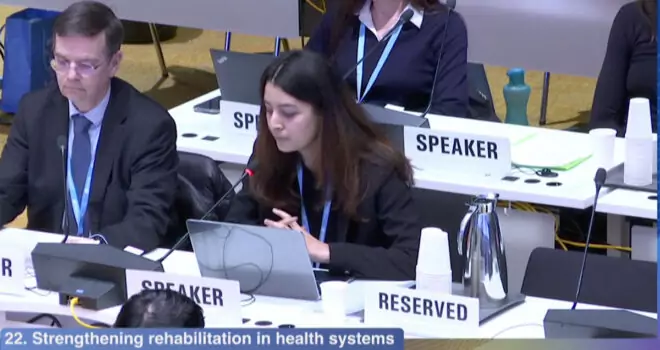A global coalition will be created to address urgent actions needed to fight the global heart disease and stroke pandemic following the World Heart Federation (WHF) 2nd Global Summit on Circulatory Health, held in Singapore from 12-13 July 2017.
Building on the United Nations goal of a 25% reduction in premature non-communicable disease mortality by 2025, Goal 3 of the Sustainable Development Goals (SDGs), and in anticipation of the forthcoming United Nations High-Level Meeting on Noncommunicable Diseases (UN HLM on NCDs) in September 2018, over 100 leaders of global, regional and national organisations convened to discuss how to create the case for urgent action in the fight against circulatory diseases.
David Wood, President, World Heart Federation: “Without swift adoption of prevention and intervention strategies, current worldwide trends indicate increased global death and disability from preventable circulatory diseases. The global health community must act now with a greater sense of urgency if we are to contend with the world’s number one killer”.
Through a series of workshops, panel discussions, and plenary sessions moderated by Richard Horton (The Lancet), a consensus was rapidly reached on the need to collectively support the implementation of the 25 by 25 agenda at both the national and global level through the following actions:
- All professional organisations, in collaboration with people living with and affected by circulatory diseases, to mobilise together in a Global Coalition to advocate for international and national actions to prevent and control circulatory diseases in preparation for the UN HLM on NCDs in 2018.
- Partners of the Global Coalition to advocate collectively at the national level through their members to strengthen NCD Action Plans, by prioritising investment in access to treatment and services for the prevention and control of circulatory diseases at the primary healthcare level; and to achieve this through the immediate implementation of the WHO Global HEARTS technical package in every region with a focus on secondary prevention, hypertension detection and control, and tobacco control.
- Governments to support and promote policy decisions that have a positive impact on the prevention of CVD and stroke by adopting a ‘health in all policies’ approach, as recommended in the WHF Roadmaps.
- Ministries of Health to develop systems to collect national data on CVD mortality and morbidity and the use of essential medicines and technologies for prevention and control of heart attacks and strokes, in order to detect and effectively manage hypertension, dyslipidaemia and diabetes over the lifetime of the patient.



